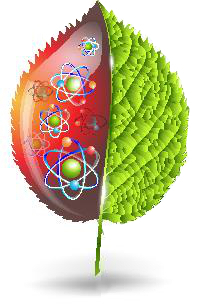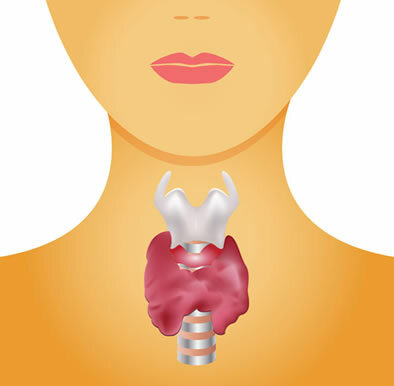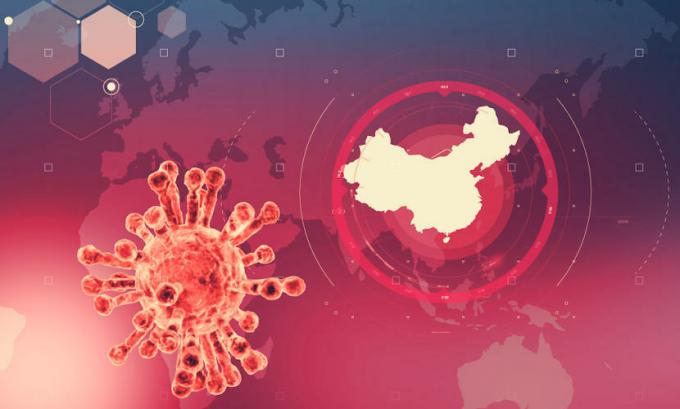In everyday conversations, on the packaging of products we buy, on television programs, in newspapers, on the internet and in other media, Chemistry is cited as something bad, that harms the environment and our health. For example, have you ever heard someone say: "This food is better because it has no chemistry"?Or "This cleaning product is very dangerous as it has a lot of chemistry!"? Or yet, "this hair treatment doesn't hurt because it doesn't have chemistry!"?
Well, these are negative and negative concepts that many have, because they think that Chemistry is only related to what is produced in the laboratory, with synthetic or artificial substances.
In reality, Chemistry is everywhere, because we call “chemistry” the study of materials and the transformations that take place with them.Chemists separate components from materials, study their properties such as color, smell, hardness, shape, consistency, what will happen if we put it in contact with other materials and for what purpose they can be used.
Everything around you and inside you works and exists because of chemistry.For example, you would live without the air? Of course not! Well then, air is composed of gaseous chemical substances, such as nitrogen and oxygen.

The air we breathe is made up of various gases (which are chemical substances)
Is there anything more natural than plants? So, plants carry out a very important chemical reaction that cleans the air, which is the photosynthesis.

Plants, like everything else, are formed by atoms that are studied by chemistry.
As shown in the text What are all things made of?, everything is made up of atoms, and chemistry is the science that studies these tiny particles.
The water is made of molecules with two hydrogen atoms bonded to one oxygen atom, ie, H2O. Sea water, on the other hand, has many chemical substances mixed with it, which can then undergo transformations and separate its components, such as table salt. If you want to know how this is done, read the text Separation of mixtures.
Inside you, food is digested and energy is consumed by your body, allowing you to live and carry out everyday activities.The blood that circulates in your veins carrying oxygen to other parts of your body, your skin, your nails, your hair, everything has chemistry.
Anyway, there's nothing you can imagine that isn't related to chemistry!
But what about products that are made in the laboratory by chemists? Is it true that they do harm?
As said, chemists can study ways to carry out transformations with materials taken from nature to manufacture products that will be used by man. This is the case, for example, of medicines that help save many lives, of hygiene and cleaning products that, in addition to leaving us more beautiful and fragrant, they also help to maintain our health and that of our family, as dirt attracts insects and animals that transmit illnesses.
These examples show that “chemicals” or more correctly “synthetics” can be used for good things.But it is also true that if they are used in the wrong way or in excess, they can harm the environment, the animals and us.

The wrong use of chemistry has brought harm to the planet
For example, human beings have been seeking more and more energy and, many times, to do so, they end up withdrawing many nature resources, polluting it. Thus, the chemistry will be "good" if humanity is "good", that is, if you use it for beneficial and peaceful purposes. But if humanity is "evil", that is, if you use it only to satisfy your own immediate needs, without thinking about other people, nature and the future, then the chemistry will be “bad”.
But many environmental problems that exist today are also studied by people working in chemistry, who are looking for ways to solve these problems. Therefore, we encourage you to study chemistry and obtain the all-important knowledge that this science give us so that it is in the “right hands” and you can use it in your favor and for the benefit of humanity.
By Jennifer Fogaça
Graduated in Chemistry
Take the opportunity to check out our video classes related to the subject:



